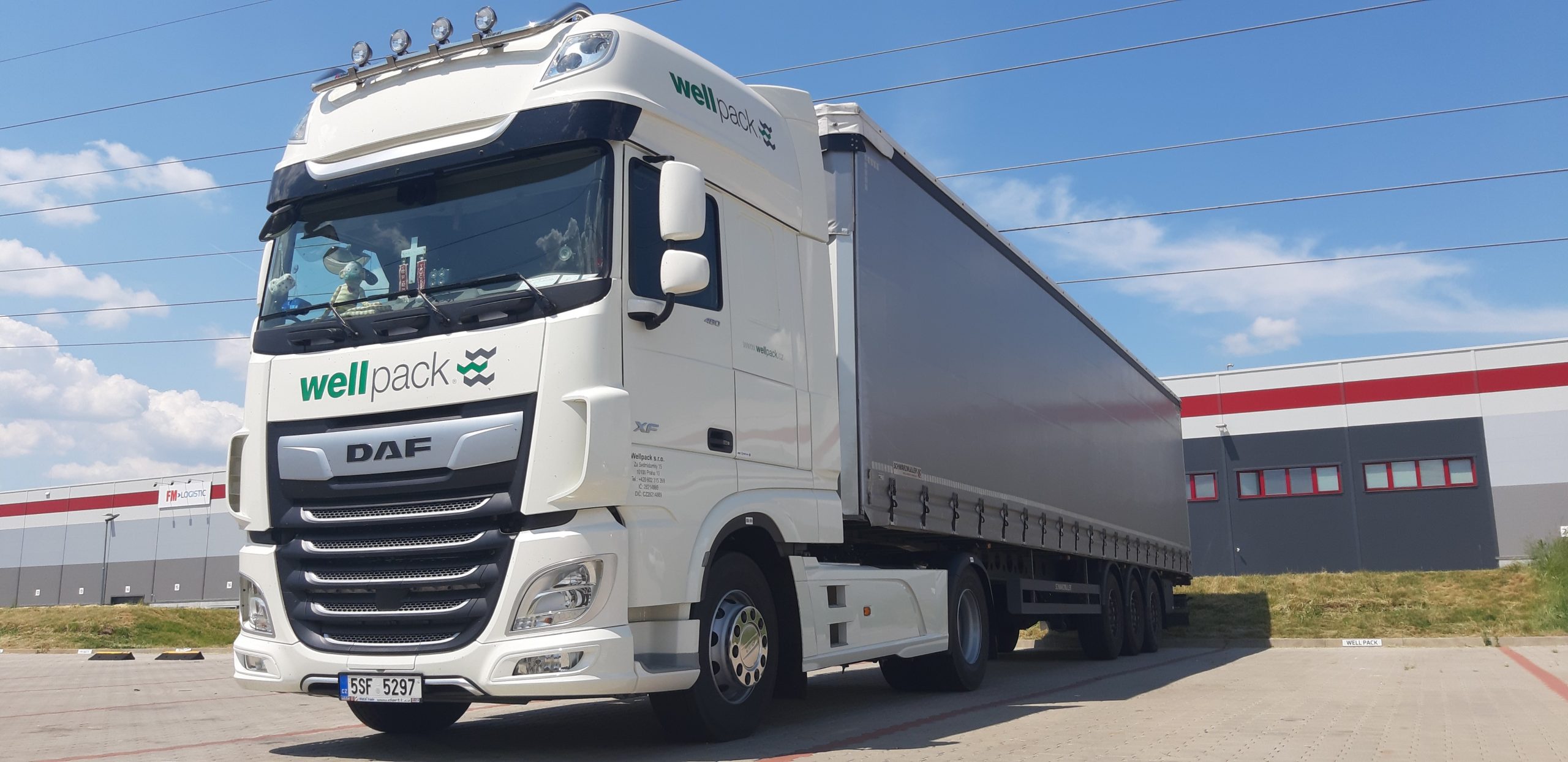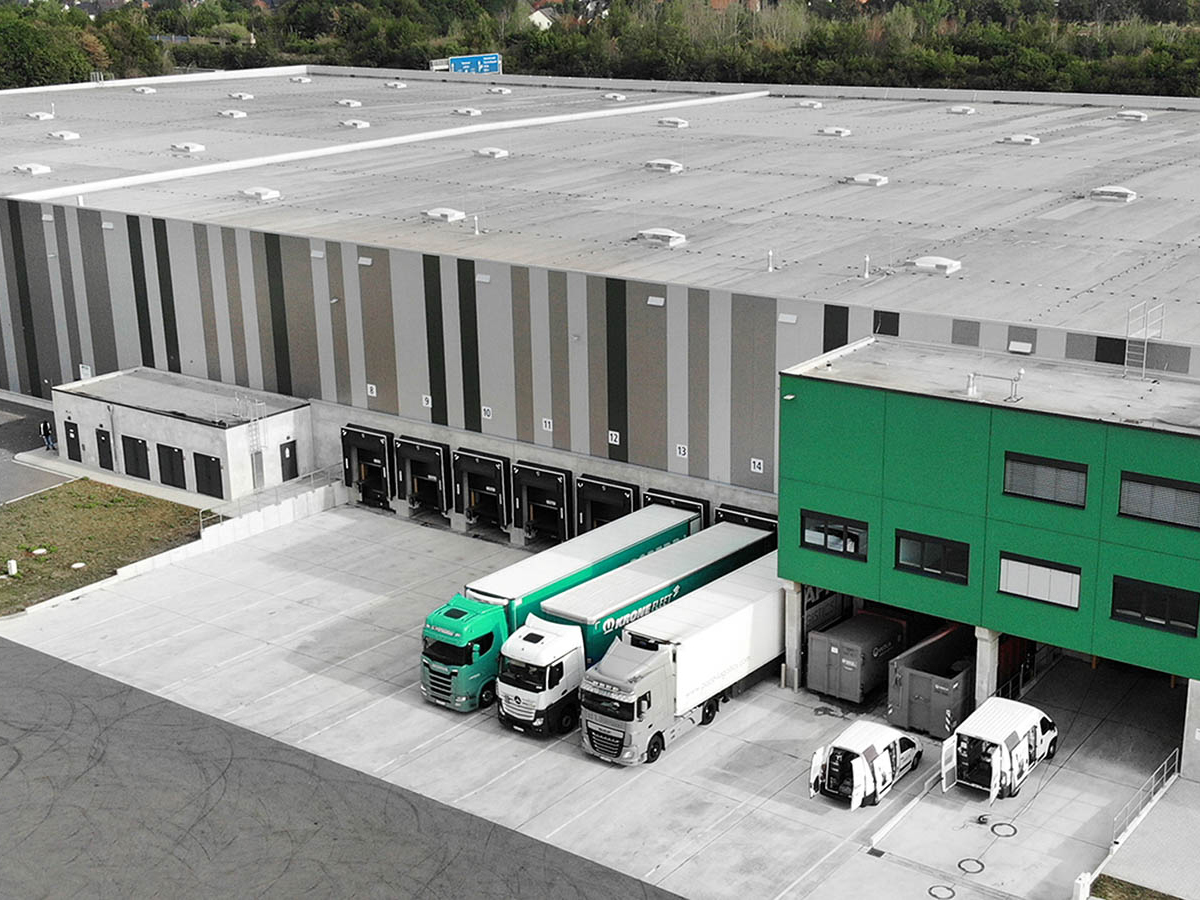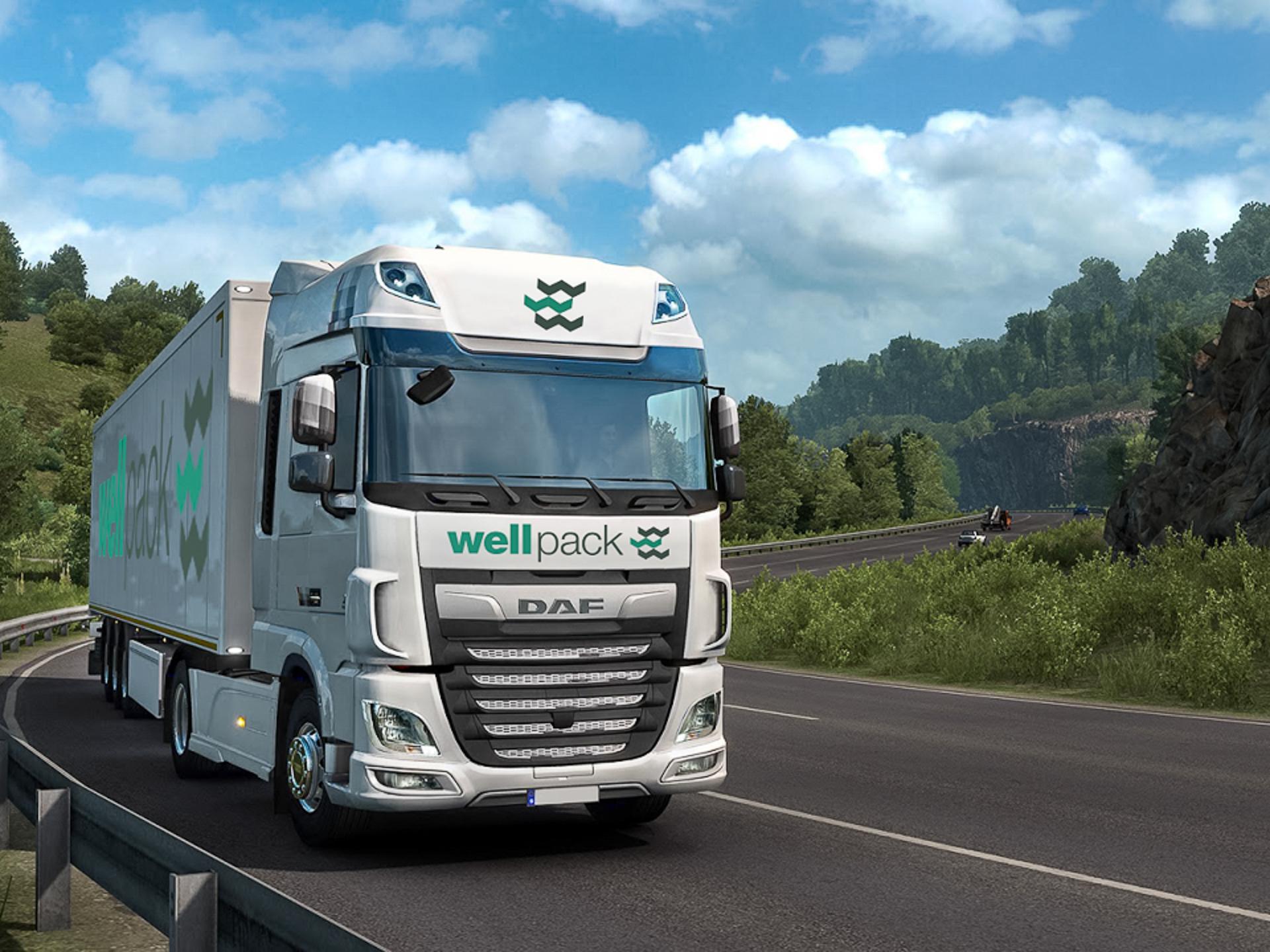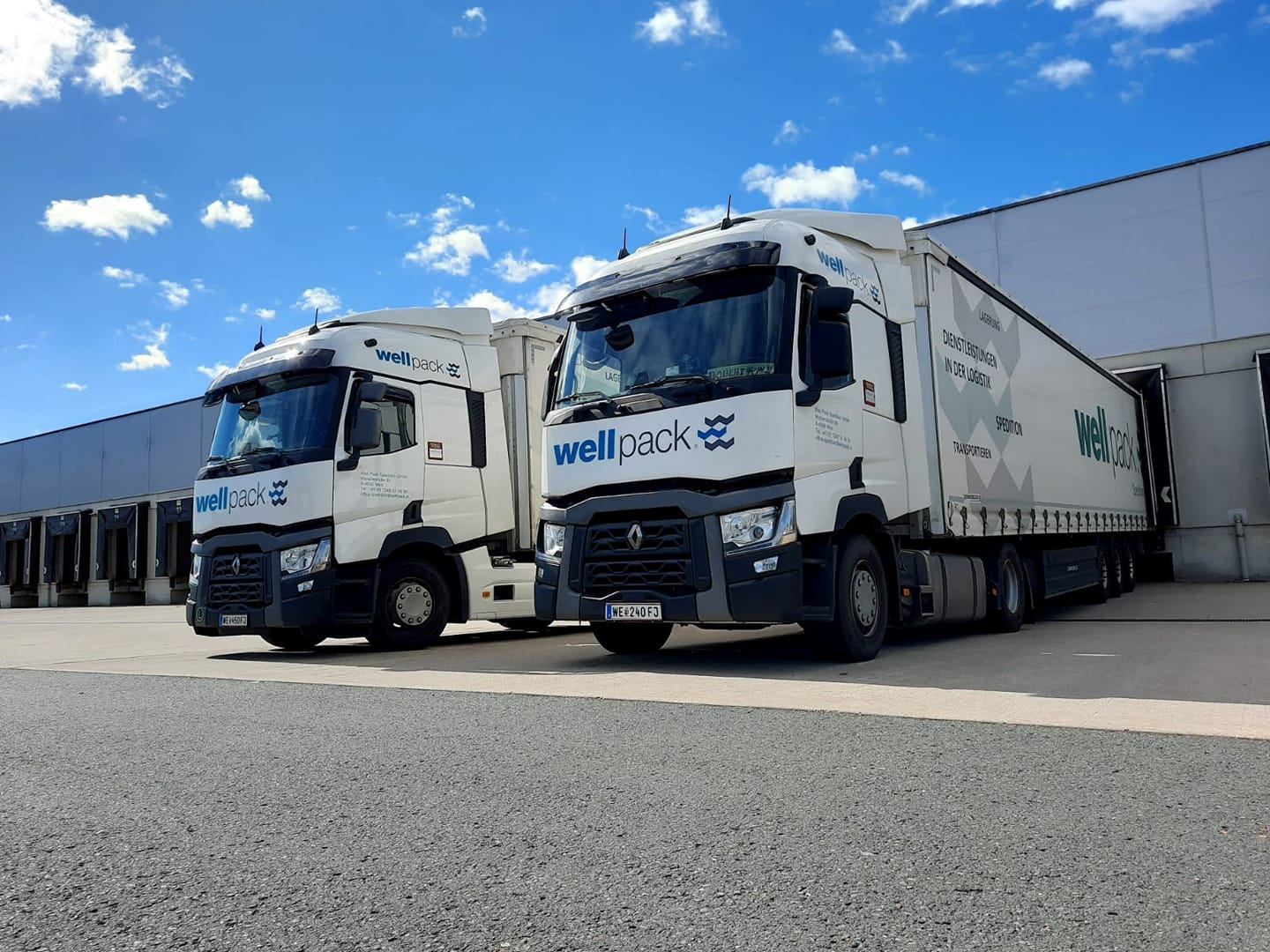

What Will Shape the Logistics Industry in 2025? Key Trends, Challenges, and Strategies
The Future of Logistics: Addressing Key Challenges and Leveraging Opportunities in 2025
The logistics industry is on the cusp of a significant transformation. As businesses grapple with new economic realities, technological advancements, and sustainability pressures, the landscape for logistics services in 2025 will be more dynamic than ever. This article explores the critical trends that will shape the industry, economic factors influencing logistics operations, and practical strategies for companies to optimize efficiency in the year ahead.

Key Logistics Industry Trends for 2025
1. Digitalization and Automation in Logistics Operations By 2025, logistics companies will continue investing heavily in digital freight platforms, logistics software, and automation technologies to enhance efficiency. The integration of automated guided vehicles (AGVs), AI-powered logistics analytics, and fleet telematics systems will drive improvements in warehouse management and transportation logistics.
Predictive analytics for supply chains will enable better demand forecasting and inventory management, reducing logistics costs and enhancing logistics efficiency.
2. Sustainability and Green Logistics The push for sustainable logistics is no longer optional. EU regulations and consumer expectations are driving companies to adopt green supply chain strategies. In 2025, we’ll see a surge in electric freight vehicles, zero-emission logistics hubs, and multimodal transport solutions to reduce carbon footprints. Circular economy logistics, which emphasizes the reuse and recycling of products, will also gain traction. Companies investing in sustainable logistics solutions can not only cut emissions but also gain a competitive edge.
3. Optimizing Last-Mile Delivery The rise of e-commerce logistics has heightened the focus on last-mile delivery efficiency. To meet consumer demand for fast, same-day deliveries, logistics providers will explore new technologies like drone delivery logistics, autonomous delivery robots, and hyperlocal delivery solutions. By 2025, the use of micro-fulfillment centers, especially in urban areas, will help optimize last-mile delivery, reduce logistics costs, and meet customer expectations.
4. Cold Chain Logistics and Industry-Specific Solutions With growing demand in sectors like pharmaceuticals, chemicals, and the fruit and vegetable industry, cold chain logistics will continue to be crucial. Companies will focus on logistics compliance, using advanced monitoring systems to ensure temperature control during transportation and storage. This trend highlights the importance of project logistics for industries that require specialized handling and transportation logistics solutions.

Logistics expert talks about 2025:
“Berend Booms (IFS Ultimo) predicts that the logistics landscape will be dominated by digitalization, automation, and AI integration. By 2025, logistics companies are expected to invest heavily in cloud-based software and IoT technologies to streamline inventory management and enhance supply chain visibility.
These technologies will not only reduce logistics costs but also enable real-time tracking and improve sustainability efforts.
Digitalization will transform traditional processes, while automation in warehousing, including robotics and automated guided vehicles (AGVs), will help address labor shortages and rising customer demands for same-day delivery”(c)
Economic Factors Affecting Logistics Services in 2025
- Inflation and Freight Rates Rising inflation and fluctuating freight rates in Europe are creating challenges for logistics companies. High fuel prices and labor costs will likely increase transportation logistics expenses. To counter this, businesses are turning to third-party logistics (3PL) providers to optimize their logistics operations. Digital freight platforms can help secure competitive rates, while logistics outsourcing can provide flexibility in managing logistics costs.
- Supply-Demand Imbalances and Customs Compliance The logistics industry continues to face supply-demand imbalances exacerbated by global trade disruptions and geopolitical tensions. Navigating customs regulations for cross-border logistics will remain a priority, especially in the EU. Companies must adapt their logistics strategy to manage potential delays, optimize inventory levels, and ensure compliance with evolving trade policies.
- Investment in Logistics Infrastructure To support growth in sectors like e-commerce and cold chain logistics, companies are investing in smart warehousing, logistics automation, and adaptive logistics networks. Infrastructure improvements will enhance the efficiency of supply chain logistics, enabling businesses to handle increased volumes while maintaining service levels.

How to Improve Logistics Efficiency in 2025
- Leverage Artificial Intelligence and Automation AI can revolutionize logistics processes, from optimizing supply chain management to tracking shipments. Transportation management software and logistics analytics can help companies optimize route planning, reduce transportation costs, and improve overall logistics efficiency. By using predictive analytics for supply chains, companies can better anticipate demand fluctuations and adjust logistics operations accordingly.
- Adopt a Green Supply Chain Strategy As sustainability becomes a focal point, logistics providers need to embrace green logistics solutions. Strategies such as optimizing route planning, using electric vehicles, and implementing reverse logistics processes can significantly reduce emissions and logistics costs. Companies focused on sustainable logistics practices will attract eco-conscious customers and improve their market position.
- Enhance Last-Mile Delivery with Innovative Solutions In 2025, the pressure to deliver faster and more cost-effectively will drive investment in last-mile delivery technologies. Companies should explore automation, micro-fulfillment centers, and drones to reduce delivery times and logistics costs. Investing in logistics software that integrates real-time tracking and customer communication can enhance the customer experience and logistics efficiency.
Choosing the Best Logistics Provider in the EU in 2025
To succeed in an increasingly competitive market, companies must carefully select logistics providers that align with their goals. Here are key factors to consider:

- Experience in Industry-Specific Logistics Services Choose a logistics company that specializes in your sector, whether it’s cold chain logistics, project logistics, or e-commerce logistics. Providers with deep expertise can offer tailored solutions and better logistics management.
- Sustainability Focus Opt for logistics providers that prioritize green supply chain strategies and have a proven track record in implementing sustainable logistics practices. This includes using zero-emission vehicles, optimizing warehousing for energy efficiency, and investing in logistics automation to reduce waste.
- Technology Integration Ensure that your logistics provider uses modern logistics software, digital freight platforms, and advanced analytics to optimize logistics operations. A provider with robust technology infrastructure can deliver better visibility, efficiency, and cost savings.
How AI Will Transform Logistics Processes
Artificial intelligence is set to play a critical role in logistics innovation:

- Logistics Forecasting and Optimization: AI-powered logistics analytics can predict demand trends, optimize transportation logistics, and streamline warehouse management.
- Real-Time Shipment Tracking: AI can enhance tracking accuracy across the logistics network, reducing delays and improving logistics compliance.
- Automated Warehousing: Using AI-driven AGVs and robotics can significantly improve logistics efficiency, especially in large-scale operations like smart warehousing in the EU.
Logistics expert talks about 2025:
“McKinsey & Company forecasts that AI and machine learning will continue to transform supply chain optimization by providing advanced predictive analytics and improving demand forecasting accuracy. AI-driven solutions are expected to reduce logistics costs by up to 15% and enhance inventory management by optimizing stock levels in real time. As automation and AI adoption grow, logistics companies will need to train their workforce to effectively collaborate with these technologies to achieve higher productivity and efficiency”(c)
The Road Ahead for Logistics in 2025
Looking forward, the logistics industry in 2025 will be defined by how companies adapt to new challenges and opportunities. Businesses that leverage technology, focus on sustainability, and optimize their supply chain logistics will emerge as leaders in the sector. To stay ahead, logistics companies must embrace logistics automation, digital transformation, and innovative logistics solutions tailored to industry-specific needs.
Companies that proactively invest in sustainable logistics, optimize their logistics strategy, and adopt AI-driven logistics management systems will not only enhance their operational efficiency but also strengthen their resilience in an ever-evolving global market.
By integrating these strategies, logistics providers can ensure they are prepared to navigate the complexities of 2025 and beyond, delivering superior logistics services while maintaining a competitive edge in the industry.
This comprehensive overview highlights the key areas where logistics companies must focus to thrive in the coming years, helping businesses make informed decisions to optimize logistics solutions in a rapidly changing environment.
